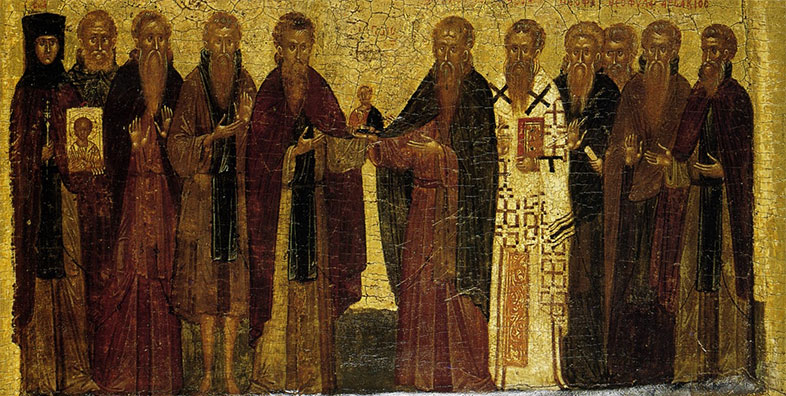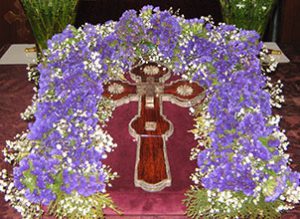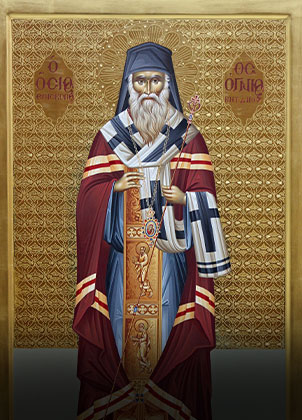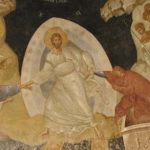St. Met. Philaret (Voznesensky)
Translated by Seraphim Larin
Brothers, yesterday during the All-night Vigil, we spoke about what difficulties our Orthodox Church encountered along Her path in ancient times, when initially there was the epoch of persecution, followed by the era of heresy. However, this occurred and then ceased, and this was long ago.
Now, let’s look around us today and see under what conditions we find our Church and true Orthodoxy. Heresies existed in ancient times, but not in the same abundance as today: spiritual counterfeits, spiritual falseness, spiritual hoaxes, enticements to substitute the true Church and true Orthodoxy with a false church, or in any case – false orthodoxy.
You yourselves know how currently the disease of the so-called ecumenism is spreading everywhere, while everyone with a flexible spine and flexible conscience are clambering aboard its platform – after all it’s a very comfortable platform! They say: “We want to unite everyone into one. We acknowledge that every Church, every confession has a segment of truth, and it is these segments of truth that we want to join together so that there will be a one whole – a new true Church.” This means – as I have previously mentioned – that our Russian Orthodox Church, has also agreed that She doesn’t fully possess Christ’s Truth, but only a part of it, while the rest is fallacy and delusion. What would Saints Seraphim of Sarov and John of Kronstadt say if this was voiced to them?
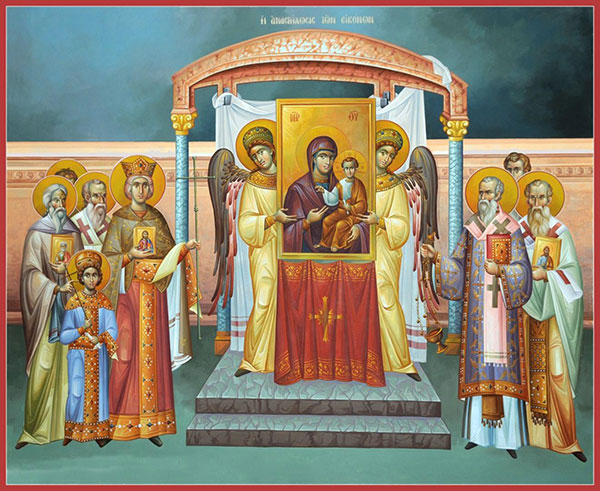
Our Orthodox Church does have, and stands firmly in the Truth, and will never depart from it. We are feeble individuals, both servants of the Church and Her children. Each of us falls, stumbles, but being within the Church – through God’s great mercy – we possess the Truth and will never agree that it’s not the whole Truth, but only a part of it.
Incorrectness in principle always gives rise to incorrectness in practice. Take for example the so-called modernism, which today intrudes everywhere in church life. Can’t we see how our very church service is distorted and ravaged beyond recognition, as well as in general – our form and substance of church life? When holy traditions – like the ancient, patristic as well as our Russian Orthodox ones – are labelled as something obsolete that don’t have to be considered anymore?
And this indicates how it is becoming so difficult to defend Orthodoxy, and what an arduous path taken by our Church Abroad, which has established as Her holy mission the preservation of all the Patristic Traditions and noble Orthodox traditions of our Russian Orthodox Church.
Of course, we all know very well that where there is Truth, there is God, and if we are attempting to safeguard our fidelity to the Truth, then our Lord will not forsake us.
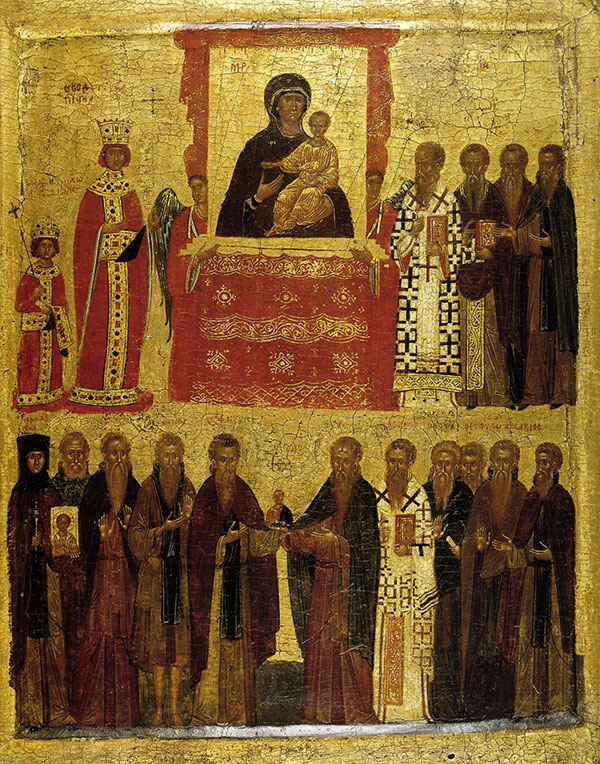
However, I would like to repeat that about which I had spoken more than once, yet it should be reiterated because many have not heard about it before and pose the following questions: “How is it that in the week of Orthodoxy, the Orthodox Church proclaims a curse on those that have lost their way – deviated from Orthodoxy and the Church, and why does She curse them? This is too severe, this is too cruel!”
Let it be known to everyone that the Church has never cursed anyone. The word “cursed” is a frightening term. And in the Gospel, we have only one indication as to when this terrifying word will be pronounced by Him, Who is the only One that can pronounce it – when at Judgment Day, the Righteous Judge will say to those who were unfaithful to Him: “Depart from Me, you cursed, into the everlasting fire prepared for the devil and his angels”.
He is the only One that can say this, while we curse no one. The anathema that is announced by the Church is certainly not a curse; it doesn’t invoke God’s retribution or wrath upon the head of the person, but simply the excommunication from the Church – separation of that person who in reality has ceased to be Her member. A member of the Church is that person who not only belongs – but is faithful to Her.
Yesterday, we cited the Saviour’s words: “But if he refuses even to hear the Church, let him be to you like a heathen and a tax collector”, i.e. ceased to be even a Christian. It is about these people that our Church makes such a declaration, that they severed themselves away from communing with Her, ceased to listen to Her maternal voice. And this is done not only for everyone’s notice, so that they would be aware of this, but for the benefit of those who have been excommunicated. The Church hopes that at least this threatening warning will have an effect on them – that they will shudder when they hear what judgment the Church has subjected them to for their betrayal… and come to their senses.
Once, Apostle Paul wrote to the Galatian Christians about false teachers that sneaked in after he had left, and attempted to confound everyone by preaching that which he never had. Calling attention to this to the Galatians, Apostle Paul declares: “But even if we, or an Angel from Heaven, preach any other gospel to you than what we have preached to you, let him be anathema.” This is what the Apostle wrote, and then repeated: “Let him be anathema”. This is why the Church proclaims “anathema”.
However, remember also that on the Sunday of Orthodoxy, the proclamation of “anathema” is joined with very moving prayers to the Lord, so that He Himself may enlighten the errant souls. The Church is compelled to proclaim that they are anathema i.e. apostates, and are excommunicated from the Church. At the same time, She grieves and prays for them so that the Lord may help them see reason and return to the bosom of their Mother Church.
Amen.

